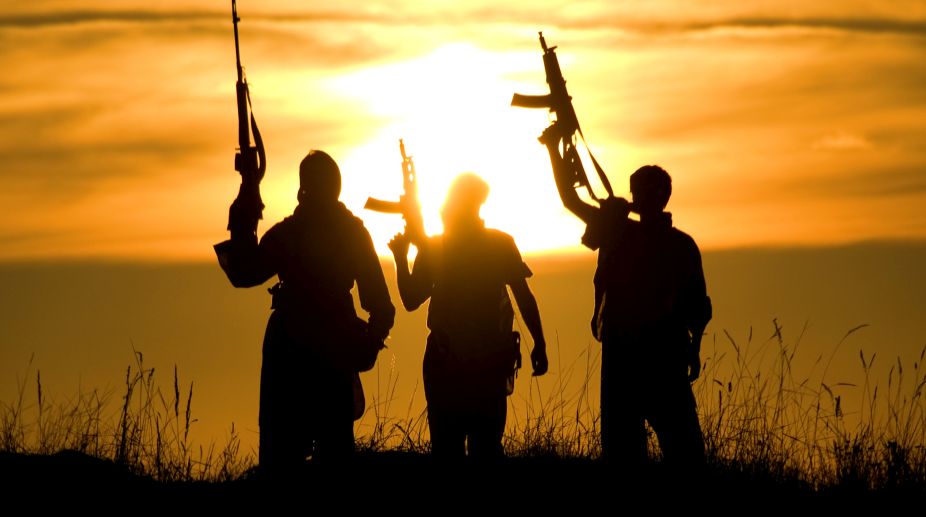Migrant labourer gunned down by militants in J-K’s Pulwama
The incident was reported from Tumchi Nowpora area of the south Kashmir district, police said.

Representational image (Photo: Getty Images)
It might be an understatement to aver that Friday’s butchery in Egypt’s North Sinai was the deadliest attack to have blighted the country. Considering the 235 deaths and many more injuries till Saturday morning, it would be reasonable to suggest that few countries have suffered a catastrophe on so horrendous a scale. Though no group has as yet claimed responsibility, the tragedy is without question a lethal manifestation of an intra-Islamic conflict, of a kind that is on the surface concordant with the ISIS strategy.
The attack signifies a major escalation of mortal fundamentalism in a region where for the past three years Egyptian security forces have battled an ISIS insurgency that has killed hundreds of policemen and soldiers.
Furthermore, the Friday worshippers at Al-Rowda mosque were predominantly Sufis, a segment that the Caliphate has targeted even in Pakistan where the killing of a Sufi singer in Karachi still rankles. The mosque belongs to a Sufi order ~ a mystical branch of Islam whose followers are regarded by hardline Islamists as apostates because they revere saints and shrines.
Advertisement
In what appears to be a two-pronged surgical strike, the devotees were attacked with guns and bombs. President Abdel Fattah al-Sisi has vowed to respond with “brute force” and has offered condolences to the families of the victims. Yet the question survives whether the Field-Marshal’s dispensation, which replaced the post-Mubarak Islamist Muslim Brotherhood, was suitably aware of the build-up by the perpetrators.
The number of casualties does suggest a free run of the mosque, one that was carried out with calculated malevolence and now, as it turns out, with a well-stocked arsenal. Very palpably, the establishment was caught with all defences down on a profoundly holy day of the week.
“This act will only increase our will and unity to combat the terrorists and deviants,” said Sisi in an address to the nation. Well might the average Egyptian contend that the President is trying to be wise after the event.
Suffice it to register that his security forces, that had carried out a coup against President Mohammad Morsi of the Muslim Brotherhood in 2013, had failed to anticipate the bedlam and butchery that marked the Friday prayers in a Muslim country.
Sisi himself is generally regarded as a bulwark against Islamist militants in the region. Attacking a mosque would appear to be a tactical change for the militants in Sinai. They have usually targeted security forces; indeed, there has been a spurt in bloodshed after Sisi spearheaded the overthrow of President Morsi.
The ***jihadis*** have also targeted Sinai tribes working with the armed forces, branding them as traitors for helping out the army. With the gun and the bomb, the militant has targeted both the mosque and the military. The Arab Spring (2011) has deepened the internal conflict.
Advertisement